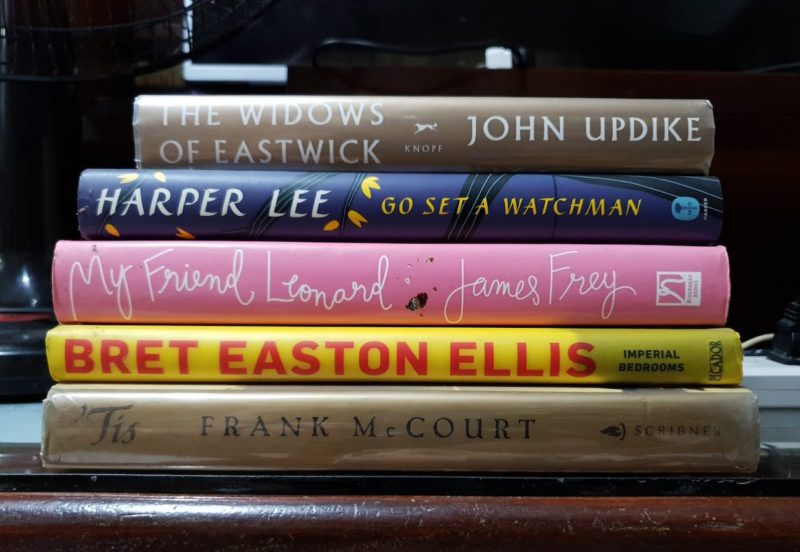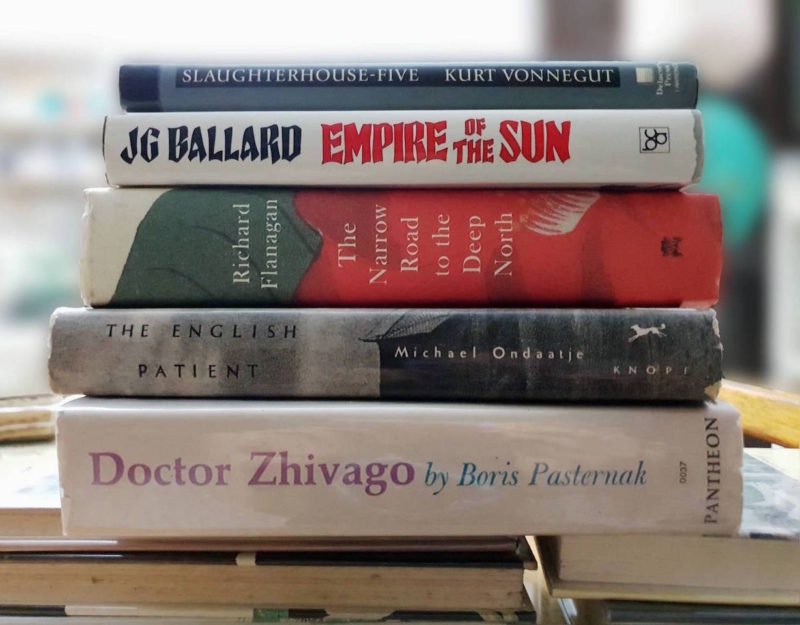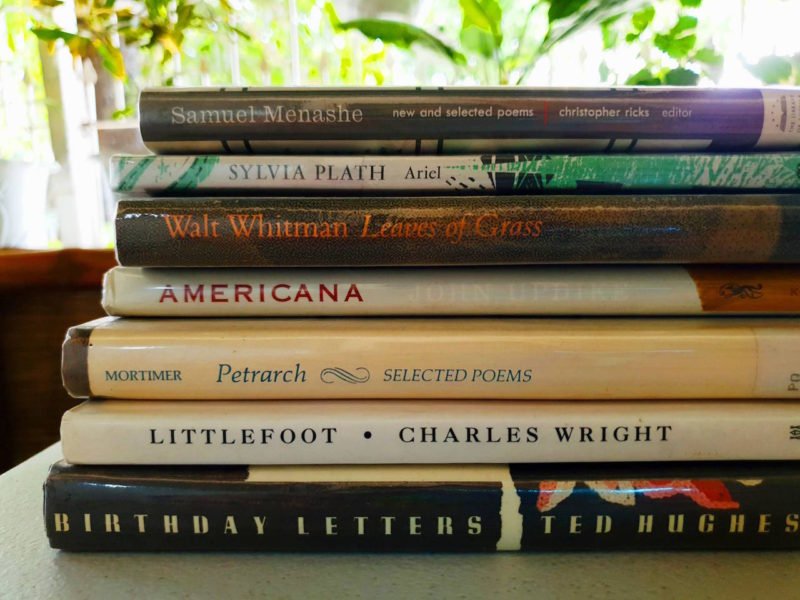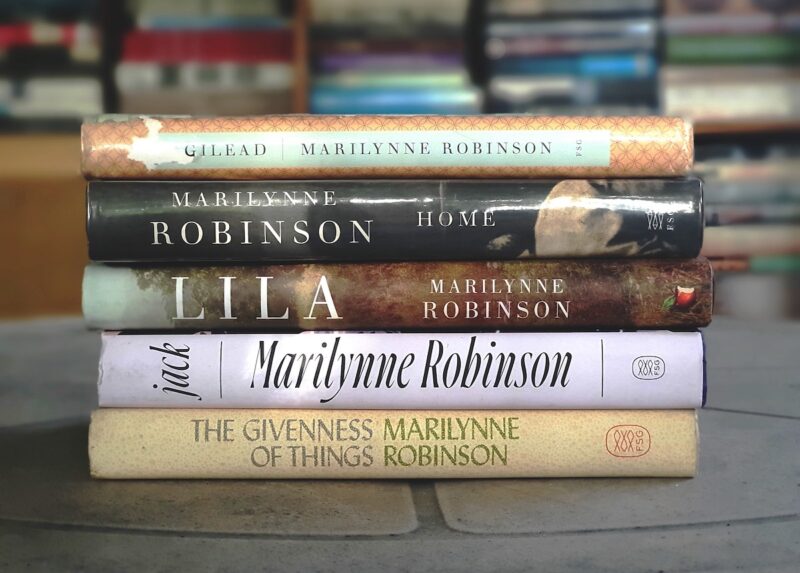Levels of Life (2013)
Levels of Life is a book of essays by Julian Barnes dedicated to his wife of 30 years who died in 2008. The book covers topics like the thoughts of death, how to live life, and observations on what happens in between. Barnes talks about how his life has changed since his wife’s death, and how he has to adjust to living without her. There are also observations from Barnes on a variety of subjects such as aeronautics and photography.
The levels referred to in the title are discussed in three sections of the book, with the first section about hot air balloons (the heights), the second a fictional love story (the middleground), and the last section about the death of his wife (the depths). The last section serves as the emotional center of the book, together with the first two standing as metaphors to the levels of life, starting from the soaring emotions one feels when in love, to the potential grief of crushing down back to earth when it is lost.
The Pedant in the Kitchen (2003)
The Pedant in the Kitchen is a collection of essays about cooking. Like any other art, cooking requires creativity and skill just as much as it requires knowledge and precision. The stories and essays in the book testify to the author’s love of cooking and his obsession with food and its preparation.
Barnes writes about cooking and food, but this is not just a cookbook. The book is about the act of cooking and how it reflects the act of living. Barnes writes about his own life, how he became a writer, and his love of food. He writes about the love of food in general, and how it has shaped lives, nations, and cultures. This book is about Julian Barnes’s lifelong love of food. It covers his career, the lessons he learned, and some of his favorite dishes.
The Noise of Time (2016)
The Noise of Time is a 2016 novel by Julian Barnes about the life of Russian composer Dmitri Shostakovich, who had to endure the Soviet regime’s censorship of artists. The book details Shostakovich’s life during turbulent times in the Soviet Union, including how he dealt with the difficult situation of being Joseph Stalin’s favorite composer.
Shostakovich’s music is heavily censored by the regime, and he must balance his need to express his true self through his music with his need for approval from the government. He is faced with a question that many other Soviet citizens were forced to deal with—how to co-exist with, and find meaning in a Communist society.
Fiddle City (writing as Dan Kavanagh, 1981)
Julian Barnes, writing as Dan Kavanagh, presents a detective novel set in the fictional English town of Fiddle City. The protagonist Duffy is a bisexual detective who explores the shady dealings at London’s Heathrow Airport. The novel has theft, smuggling, and cover-ups, and as such, can be as much as a compelling read as a thriller as it is a study of the human condition.
The main character loves to collect objects and stories, and so he is an interesting character to learn about. We learn about his sexuality and how it affects his personal relationships, as well as his professional life. There are some themes that are explored in the book such as the objectification of women’s bodies or what it means for a person’s identity to be fluid.
Pulse (2011)
This short story collection is full of life and insights on the topics of family, love, marriage, society, aging, and death. It is a series of tales that all have something to say about the human condition. The short stories are not explicitly linked together; they are all loosely connected with the theme of “the passage of time and the love of good things.” The author also hints that many of the stories deal with mortality, as revealed by the title.
The overall theme that the reader can glean from this collection is that life is an accumulation of miniscule doses of time. The miniscule doses are then experienced in the small moments of the day, which are defined by their activities. The miniscules are then remembered, through memory, to be used for solace. The redeeming quality of the stories is how the reader becomes a part of Barnes’s world, which is both comforting and enlightening.
Further Reading
Julian Barnes by Patrick McGrath by Patrick McGrath, BOMB Magazine
A Question of Time: The Temporal Art of Julian Barnes by Sally Campbell, Waterstones
Julian Barnes, Etc. by Robert Birnbaum, Identity Theory
“There is great unrest”: Some Reflections on Emotion and Memory in Julian Barnes’s Nothing to Be Frightened Of and The Sense of an Ending by Ivan Callus, Prague Journal of English Studies Vol. 1, No. 1, 2012




